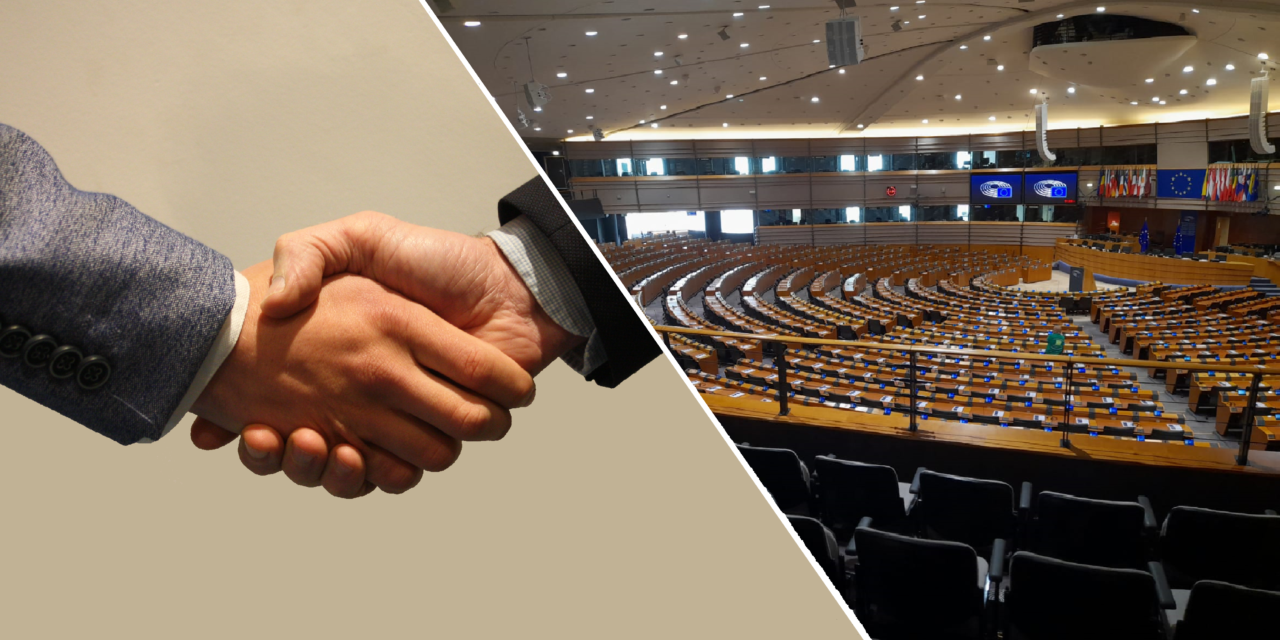Lobbying has always been a prominent part of politics. But in Brussels, the EU and lobbying go together like fish & chips. Anyone who walks through the European capital is likely to pass several lobbyists and lobbying offices. This is not surprising, as Brussels has at least 48,000 lobbyists. In comparison, the number of lobbyist in Washington D.C. is nearly 12,000 (Transparency International EU, n.d.).
The reason why European politicians are so dependent on lobbyists is because of the small number of civil servants who assist European politicians. In order to decide on European policies, European politicians often need information from these lobbyists. This explains why there are almost 12,000 lobby organisations in Brussels. These organisations, which have declared themselves voluntary in the lobby register, have a combined annual lobbying budget of €1.8 billion. This does not include the organisations which have chosen not to declare themselves (Transparency International EU, n.d.).
Although lobbying is often seen as an indispensable part of a democracy, as it can bring politicians closer to the interests of citizens and organisations, there are also aspects of lobbying that are less appreciated and often considered unethical. For example, there is an imbalance in the organisations that exert influence in politics. For example, private organisations have more power than public organisations. As a result, private interests is better represented than the interests of citizens.
The comforts and inconveniences of lobbying differ from one political institution to another, as the lobbying culture is different in each institution. For example, European politicians are generally more dependent on lobbyists than national MPs. In addition, transparency is different in European politics than in other political institutions. For instance, in many countries it is mandatory to put all lobbying activities in a public register, while this is not the case in the European Union.
Lobbyist in Brussels can also exert more influence since the political process in the European Union often begins earlier than in national political bodies. This is because there are several bodies in the European Union that co-decide on legislative proposals (Council of the EU, European Commission & European Parliament). The members of the Council of the EU represent the interests of the member states. The Commissioners represent the interests of the EU and the MEPs the interests of their own political affiliation. As a result, Commissioners and MEPs have a less clear idea of what is going on in other member states apart from their own, which increases the need for lobbyists.
It is clear that lobbying is important in Brussels. It is also clear that some organisations can exert more influence. The question is how this works in European politics, as the lobbying culture in Brussels is different from other political bodies.
Which organisations have more power in Brussels? How is this possible? And especially important: How can an equal playing field be created?
To answer this, This podcast features Vivian Stribos, EU lobbyist for Eastern Netherlands at the Huis van Nederlandse Provincien & Hans van Scharen, media officer at Corporate Europe Observatory, an NGO that tries to make the influence of lobbying on European politics transparent.
https://soundcloud.com/user-277647513/podcast-lobbying-in-the-european-union/s-zAyqQsnr4Yd?si=5edb36967eb540cf9bc23919bc1d9418
Transparency International EU. (n.d.). EU political integrity. Retrieved 12 November 2021, from https://transparency.eu/priority/eu-money-politics/




